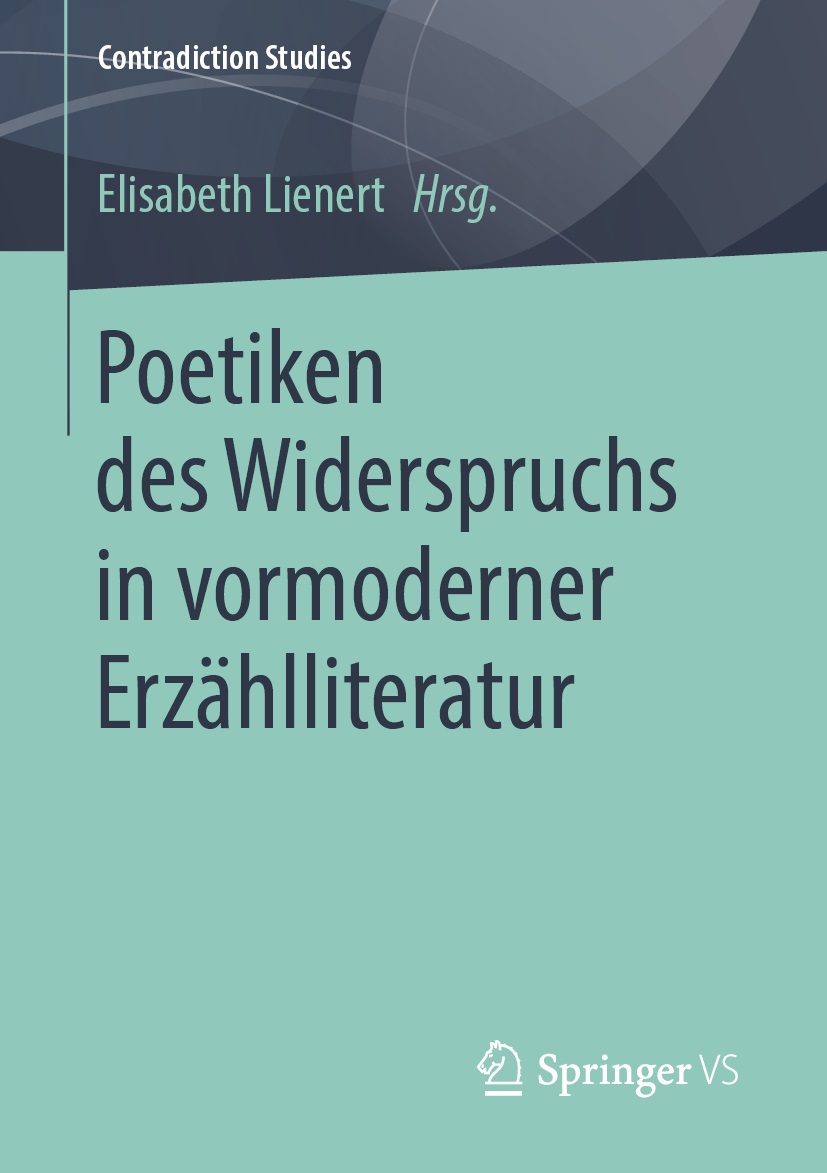
Dieser Band enthält grundsätzliche Überlegungen und textbezogene Fallstudien zu poetologischen Potenzialen von Widersprüchen und Verwandtem in deutschen und europäischen Erzähltexten vom 12. bis zum 17. Jahrhundert. Untersucht werden Akte der Widerrede und Phänomene der Unvereinbarkeit, widersprüchliche Konzeptualisierungen und narratologische Brüche, epistemologische Bedingungen der Wahrnehmung von Widersprüchlichkeit, Aspekte einer Poetologie des Widerspruchs als Mittel der Sinnkomplexion.
Band 1 in der Reihe Contradiction Studies
print
ISBN: 978-3-658-24162-9
eBook
ISBN: 978-3-658-24163-6